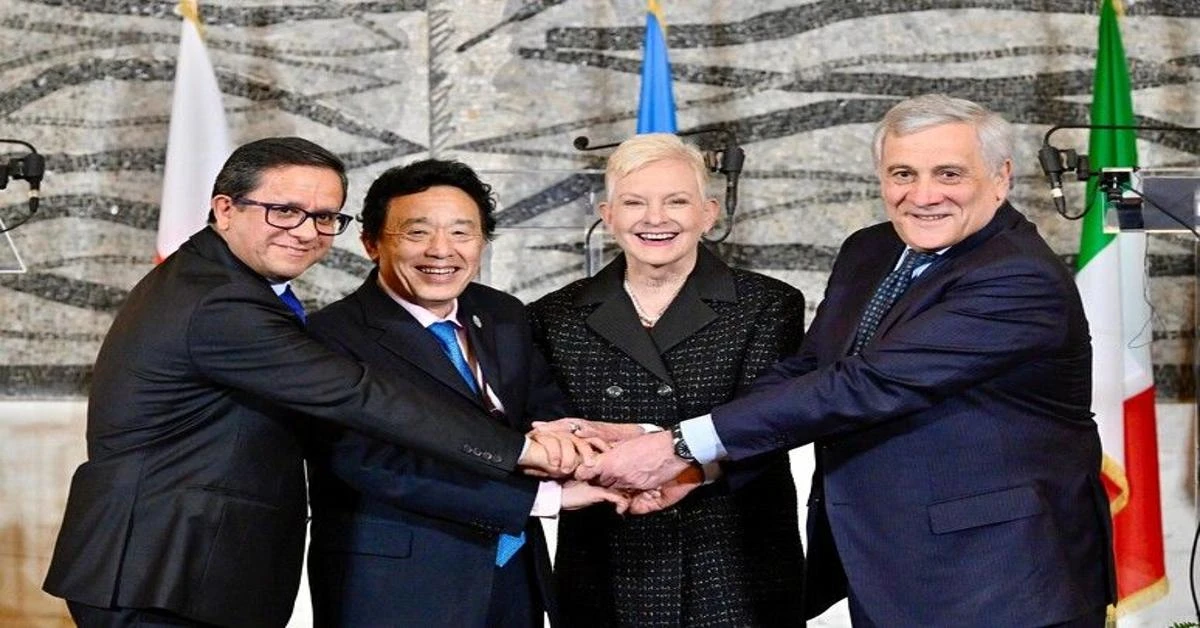Italy launches ‘Food for Gaza’ initiative in collaboration with UN agencies, Red Cross

Italian Foreign Minister Antonio Tajani launches the ‘Food for Gaza’ initiative, in collaboration with U.N. agencies and Red Cross, focusing on immediate humanitarian aid and long-term reconstruction efforts for Gaza
Italian Foreign Minister Antonio Tajani officially launched the ‘Food for Gaza’ initiative on March 12, which is a partnership between the Food and Agriculture Organization (FAO), the World Food Programme (WFP), and the Red Cross and Red Crescent (Ficross) to provide humanitarian assistance in the Gaza Strip.
The initiative has two primary objectives: an immediate increase in food and health aid in the short term and a focus on the long-term human and social reconstruction of the enclave.
This strategy aims to ensure food and health security for the population and strengthen humanitarian access, including by sea.
The initiative’s other objective is establishing a permanent table, coordinated at a political level by Minister Tajani, to address the reconstruction of the Gaza Strip.
This includes demining efforts, reclamation of agricultural land, providing basic health and food services to the population, utilizing the expertise and technological contributions of Italy’s food supply chain system and other partnering entities such as local authorities, hospitals, universities and civil society organizations.
With the presence of U.N. food agencies in Rome, Italy recognizes the need to collaborate and coordinate efforts for the benefit of Gaza and the West Bank.
This initiative aligns with the initiative announced by U.S. President Joe Biden to establish a floating port structure near Gaza’s coasts.
Additionally, a group of countries, including Italy, is working toward creating a maritime corridor for aid delivery.
The deteriorating humanitarian situation in Gaza, following five months of conflict, has become unsustainable.
International organizations and the Palestinian National Authority (PNA) have raised concerns about the increasing malnutrition rates, heightened risk of epidemics, direct casualties and extensive war-related damages.
Source: Newsroom
#haber#



